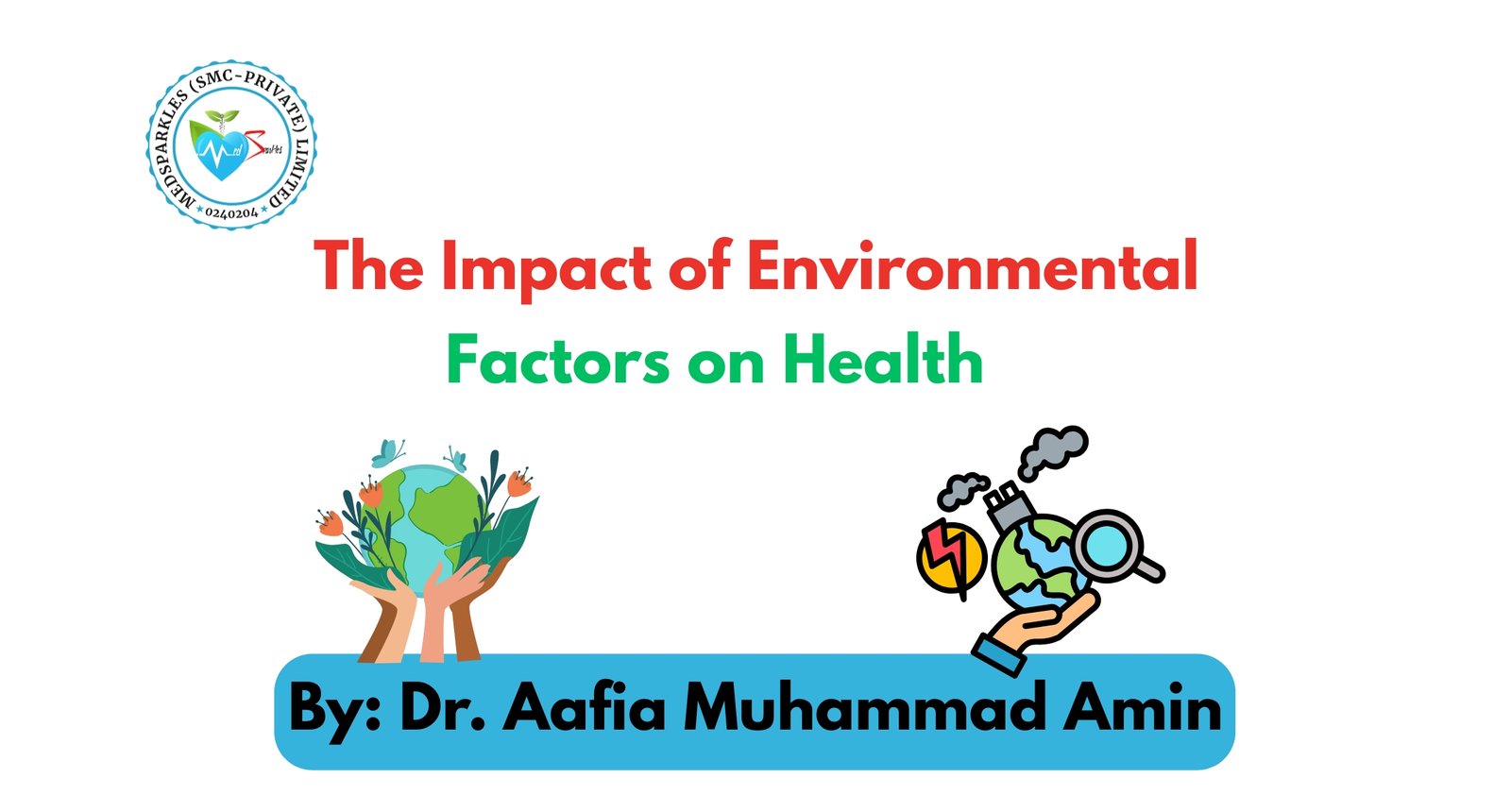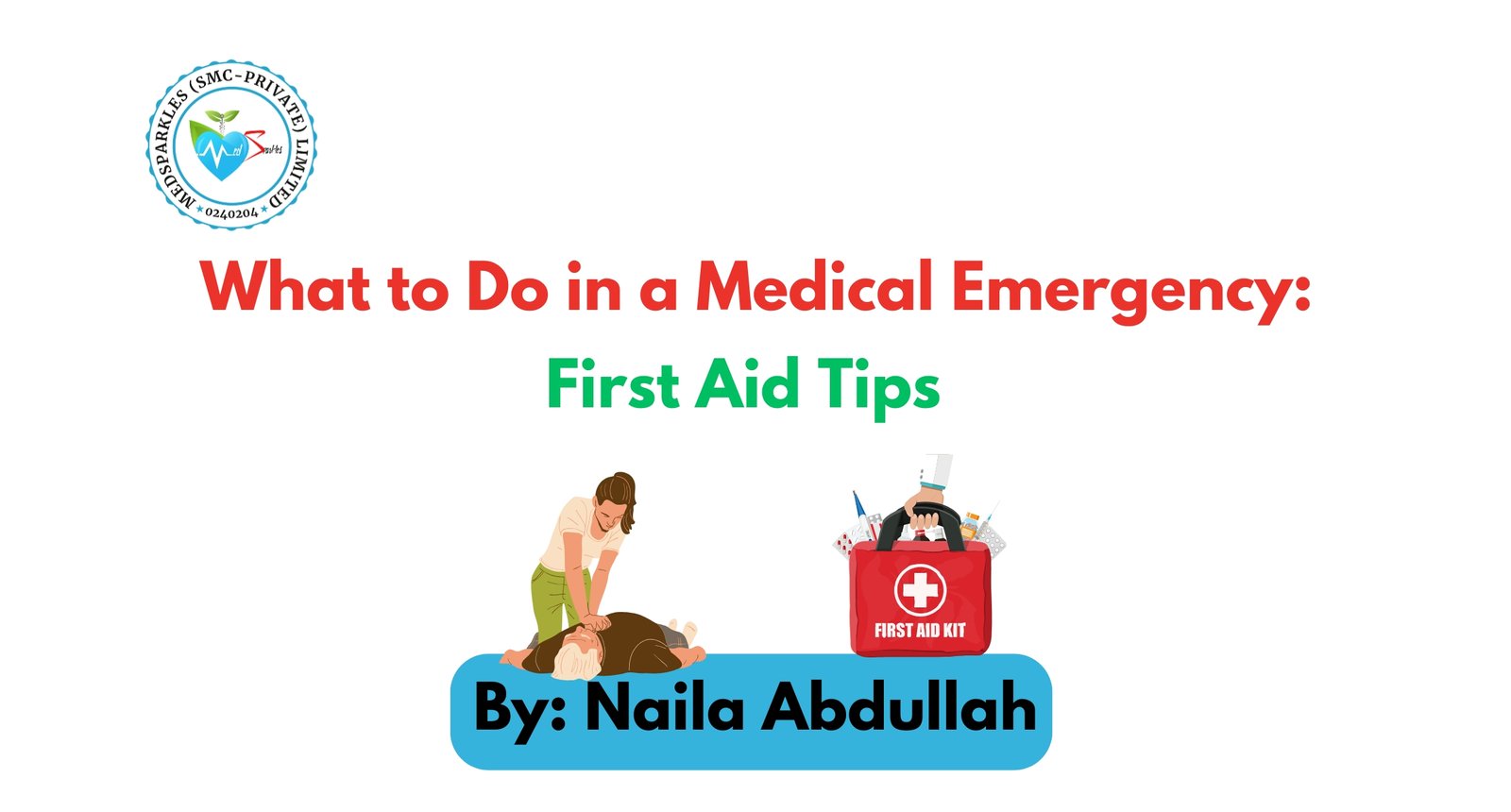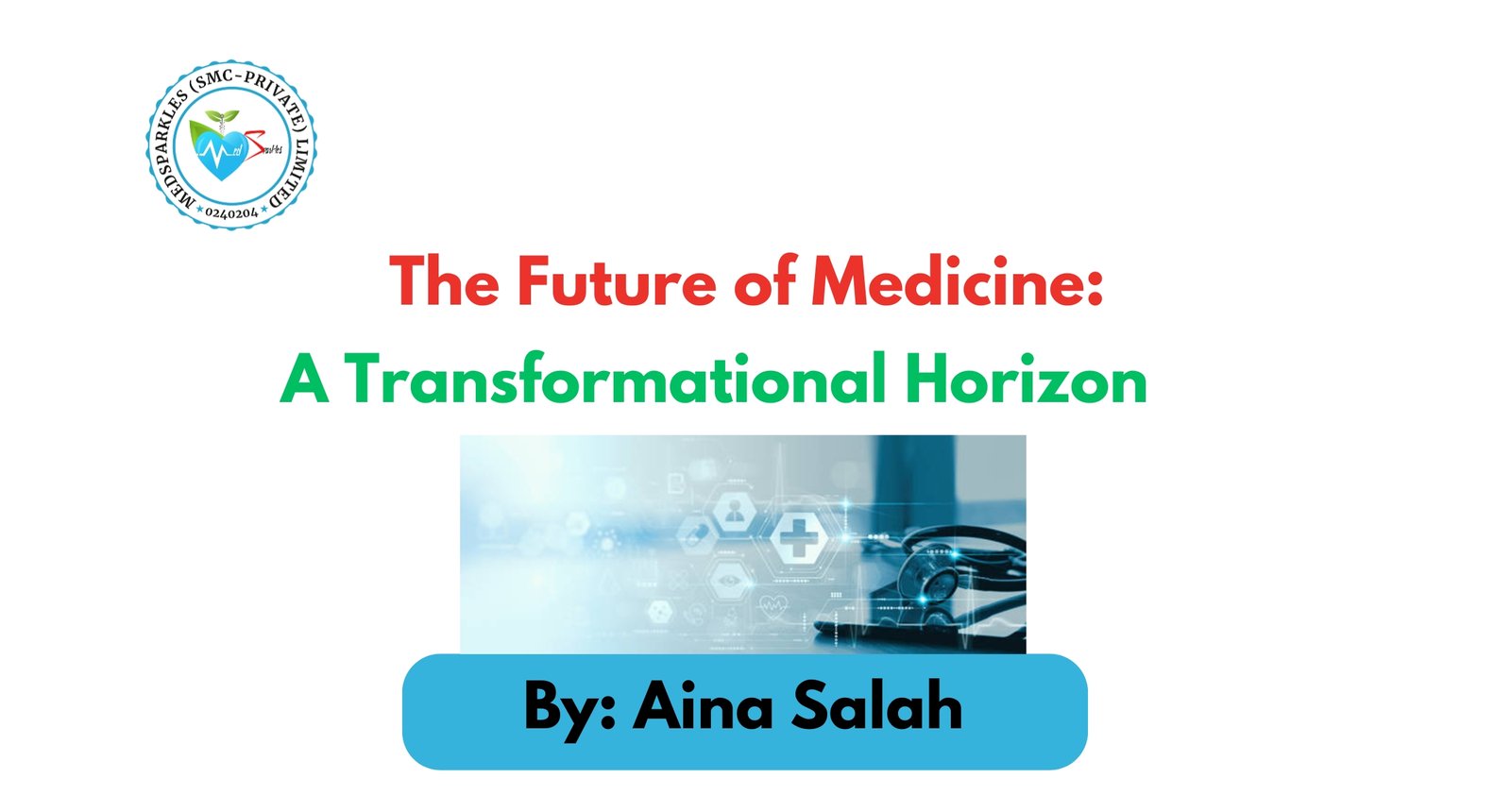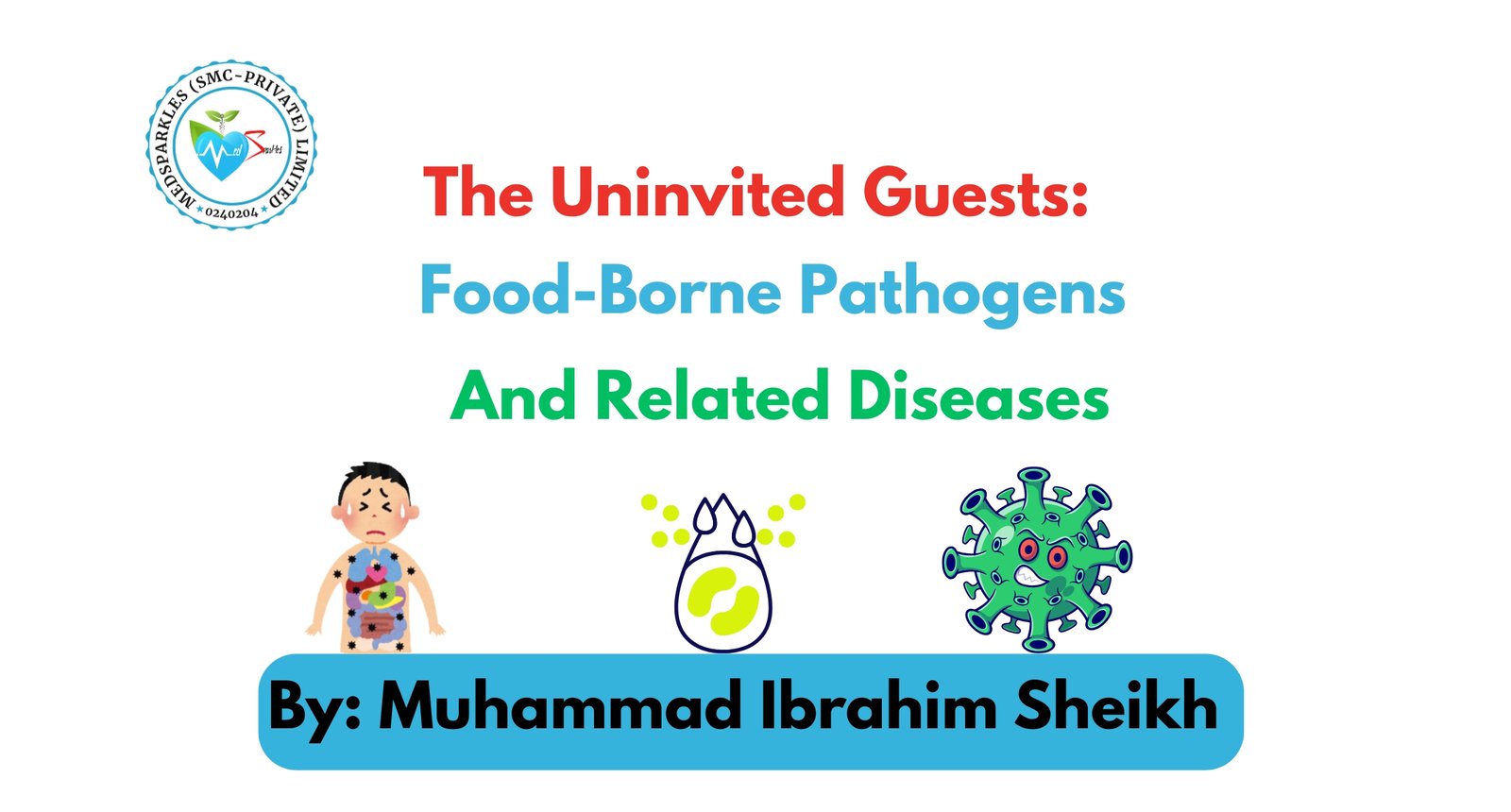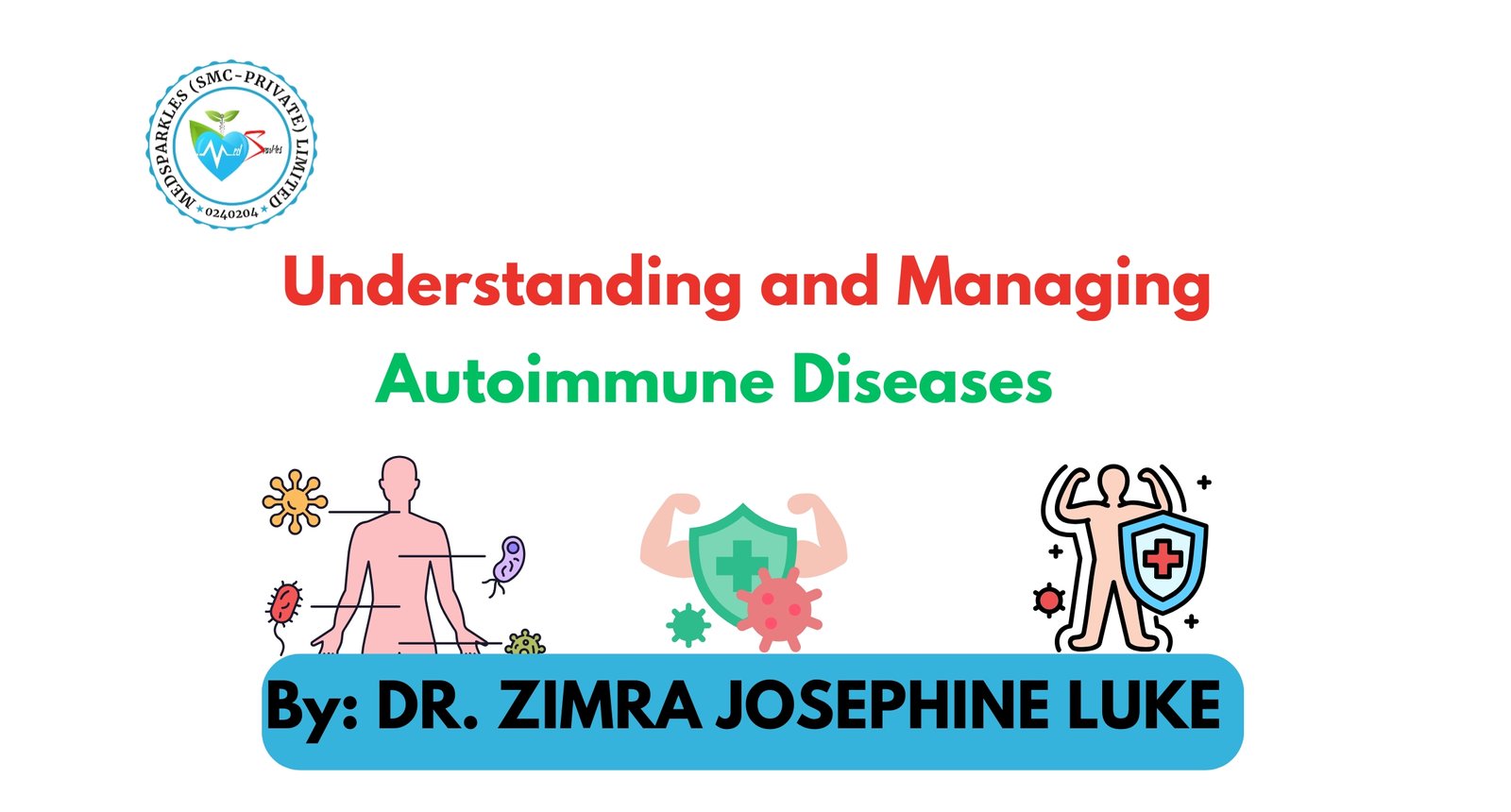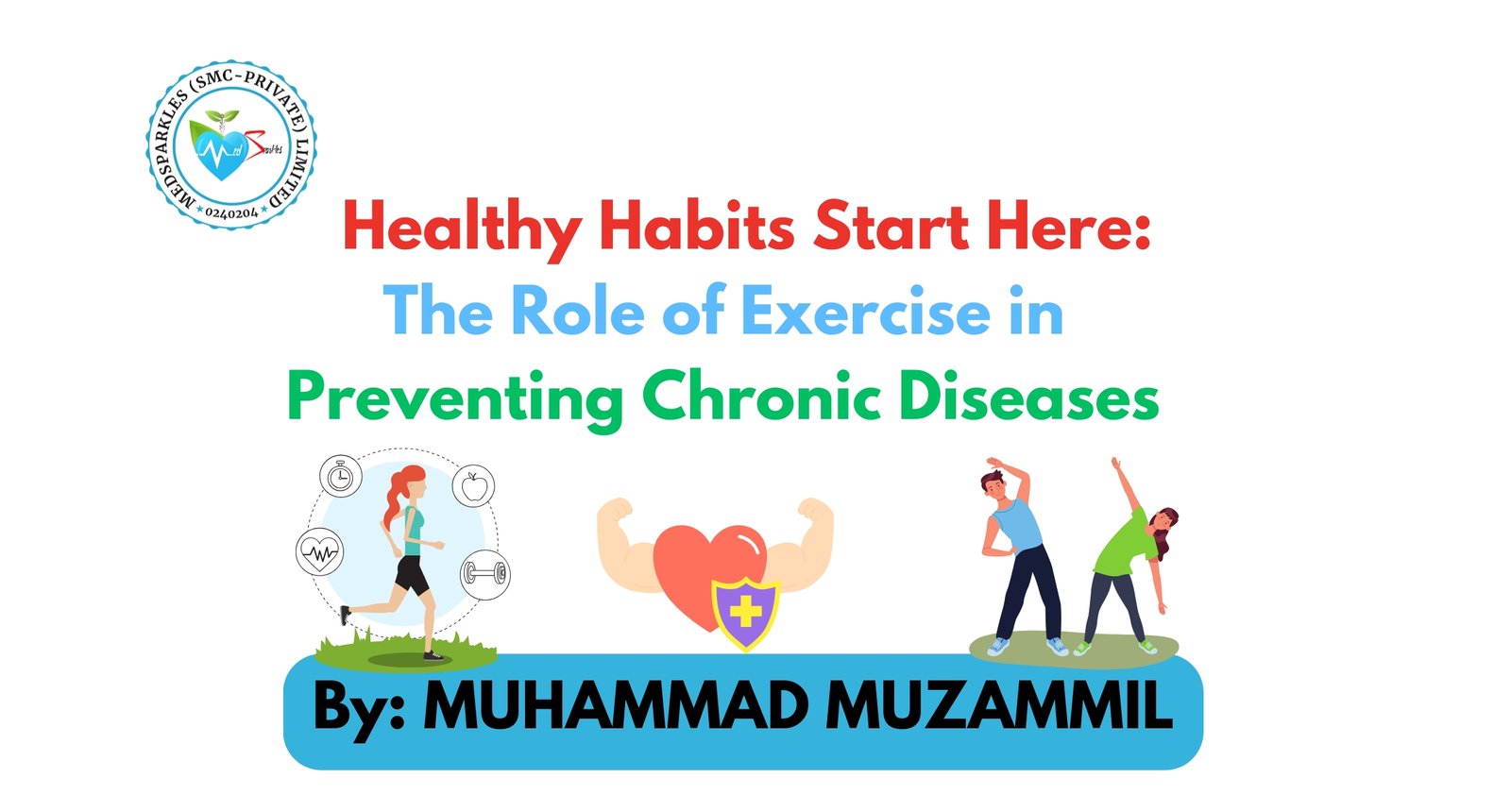
Antibiotic resistance (AMR) is basically a resistance that a bacteria develops against antibiotics and those antibiotics are no longer effective. It is a growing global threat that makes it harder to treat infections. It happens when bacteria, viruses, fungi, and parasites change over time and no longer respond to medicines. This means infections become harder to cure, increasing the risk of severe illness and death.
Why is antibiotic resistance a big problem?
A recent study by the Global Research on Antimicrobial Resistance (GRAM) Project found that since 1990, antibiotic resistance has caused about 1 million deaths per year, total 36 million deaths so far. If no action is taken, AMR could lead to over 39 million deaths by 2050.
And by the way some bacteria’s have become very dangerous. For example, if we talk about methicillin-resistant Staphylococcus aureus (MRSA) deaths have risen from 57,200 in 1990 to 130,000 in 2021. While deaths in children under five have decreased (likely due to vaccines and better healthcare), deaths in people over 70 have increased by more than 80%.
What causes antibiotic resistance?
If we see some common factors contributing to this crisis:
1.Overuse and misuse of antibiotics: Many people take antibiotics when they don’t need them, which helps bacteria become resistant. And its very common in desi households they use antibiotics like candy, just a normal flu or cough they start taking azithromycin and other antibiotics without even realising that its not good for them, just let your immune system fight first.
2.Lack of new antibiotics: Drug companies are not developing new antibiotics fast enough to replace those that no longer work.
3.Poor infection control: Without proper hygiene and sanitation, resistant bacteria spread more easily.
How can we fight against antibiotic resistance?
Its not a job of any single person like doctor or researchers. NO, to stop AMR, we need a combined effort from governments, scientists, and individuals, we need to unite.
1.Scientists are working on alternative therapies like bacteriophages, which are viruses that kill bacteria
2.The WHO has launched programs to educate people, track resistance, and promote research on new medicines and better testing. educate community is one of the main things to overcome this issue.
3.Even if we see many doctors prescribe antibiotic in minor inconvenience or even wrong medication is also a major problem so, hospitals and doctors need to be careful with how they use antibiotics, making sure they are only given when necessary.
FAQs:
1.What is antibiotic resistance, and why is it a problem?
Antibiotic resistance occurs when bacteria evolve and eventually do not respond to antibiotics, thereby making infections harder to treat. This exposes a person to a significant risk of severe illness and death.
2.What are the main causes of antibiotic resistance?
Key causes include overuse and misuse of antibiotics, lack of new antibiotics, and poor hygiene, allowing resistant bacteria to spread.
3.Is antibiotic resistance influencing routine medical practices?
Yes, antibiotic resistance has made routine operations such as surgical procedures, anticancer treatments, and organ transplantations more risky because infections once easily treated have become life-threatening.
4.Can natural treatments replace antibiotics?
Some natural treatments have antibacterial properties, which cannot replace the use of antibiotics in serious cases of infection but can complement a general immunity approach to prevent infection when used correctly.
Reference:
https://www.who.int/news-room/fact-sheets/detail/antimicrobial-resistance?
https://nypost.com/2024/09/18/us-news/superbug-crisis-will-likely-kill-millions-by-2050-study-finds/?

